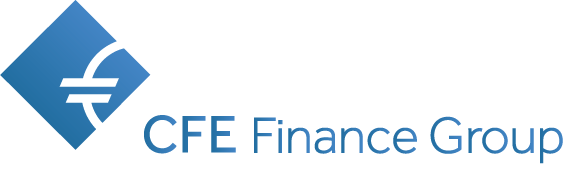Mario Cordoni, Founder and CEO of CFE Finance Group comments the Venezuelan crisis
Mario Cordoni

From Caracas, Europe seems a bit closer. The major Ukrainian crisis, played on multiple fronts, could generate some Latin American externalities. Just a few days ago, Russian President Vladimir Putin revived the option of militarizing Venezuela and Cuba—friendly countries geographically close to the great enemy, the United States. This is retaliation, not only psychological, against Washington. However, the dialogue between Venezuelan President Nicolás Maduro and Joe Biden has been reopening some doors: “Sanctions against Caracas—this is Washington’s proposal—could be eased if Maduro accepts certain conditions, like more openness with internal opposition leader Juan Guaidó and the release of some political prisoners.”
This creates a highly complex political and military chessboard, alongside another financial game. In November 2017, Venezuela entered default for the 11th time due to an exposure of $60 billion, a sovereign debt issued by the Caracas government and the state-owned oil company PDVSA.
The country’s political crisis, in recent years, has been defined by a prolonged standoff between elected President Maduro and self-proclaimed Guaidó, overshadowing the financial aspects. However, the trapped credits could be “freed” through a debt restructuring.
Canaima Fund has launched an exchange offer for Venezuelan sovereign bonds into other financial instruments, aimed at institutional and professional investors. This is stated in a note from the Luxembourg-based Canaima Fund Lux, which published the informational document about the offer for investors in Venezuelan bonds and PDVSA debt.
Celestino Amore, President of Canaima Capital Management, explained to Il Sole 24 Ore that the offer is valid until June 2022 and targets institutional investors. The operation is aimed at avoiding a situation similar to Argentina’s 2001 defaults, where 45,000 Italian savers were trapped. While there are no retail investors in this case, after six years, the New York Court (the reference for issuing these bonds) will close the statute of limitations. In November 2023, the bonds will mature.
Bonds brought into the offer by SIMs, banks, and specialized operators will be exchanged for notes issued by Canaima, with discounted interest paid upfront. The fund, assisted by IlliquidX, aims to recover, in whole or in part, the verdicts from the bonds issued by the Venezuelan government and PDVSA in default, “through an active investment strategy that would include, among other initiatives, the initiation of pre-litigation and litigation procedures aimed at maximizing recovery prospects.”
“The advantages for those who join the offer,” explains Celestino Amore, “are multiple: spreading legal costs, being represented by collective strength, and creating critical mass, which would not be possible for individual operators.” Of the $60 billion, one billion is held by Italian institutional investors.
Canaima’s approach is a securitization avenue that seeks a substantive judgment from the New York Court.
The macro-financial picture of Venezuela is complex: in addition to the social crisis, the worsening of international relations looms as a nightmare.
Securitization could recover credits that are currently difficult to collect. However, there are political obstacles. The prescription of this debt would be convenient for everyone—President Maduro, opposition leader Guaidó, and the International Monetary Fund.
“Even though,” says Mario Cordoni, CEO and founder of CFE Finance Group, “debt renegotiation remains a necessity for Caracas. Otherwise, with what credibility could they return to the capital markets?” It wouldn’t just be the Americans distancing themselves but all the “musiu’,” a term used in the ’50s in Caracas for Europeans, meaning “monsieur” in French.
Il Sole 24 ORE, 24 February 2022



